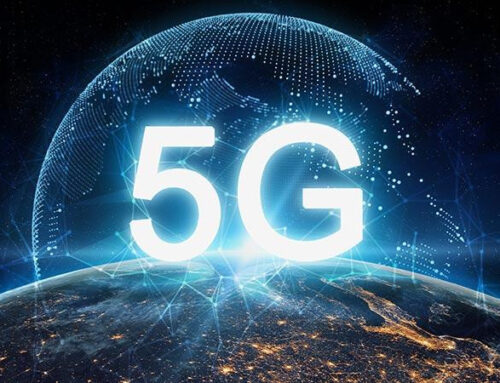Israel is a world reference when it comes to high technology. But what to expect from a country that has doubled its population in 30 years, increased its GDP by 400%, its foreign currency reserves by 3% and, at the same time, reduced public debt by 76%? The need made Israel to emerge and invest in innovation.
From the early 1950s, Israel has committed to develop environmentally friendly technologies to deal with its scarce energy resources and limited water availability. Today, at least 90% of Israeli households use solar energy to heat water. The concern with this resource has transformed Israel into the country that invests most in the treatment and recycling of water, which influenced the creation of innovative technologies, such as drip irrigation, a technique that transforms deserts into arable land, and the salt water desalination.
There are two factors contributing to the success of the sector in the country: research and development efforts and the ability to attract external investment, in addition to the entrepreneurial spirit incorporated to the educational system that enables its startups to innovate as a survival mechanism.
Some important characteristics form the ecosystem of Israel, among them is the large presence of startups, with one in every 400 people, having the largest number of employees working in R&D and professionals in the high-tech segment, and being a leader in the world production of scientific articles. The country is still number 1 among 148 economies with skills in innovation, and number 2 in entrepreneurship, the first among the 60 major economies in the world in terms of technological and scientific skills, number 4 in the capacity to attract foreign investments, and number 5 in the number of patents per capita.
The magnitude of this country is the combination of private sector behavior, strong government investment in R&D, and a macroeconomic environment inclined to scientific, technological and intellectual development.




Leave A Comment